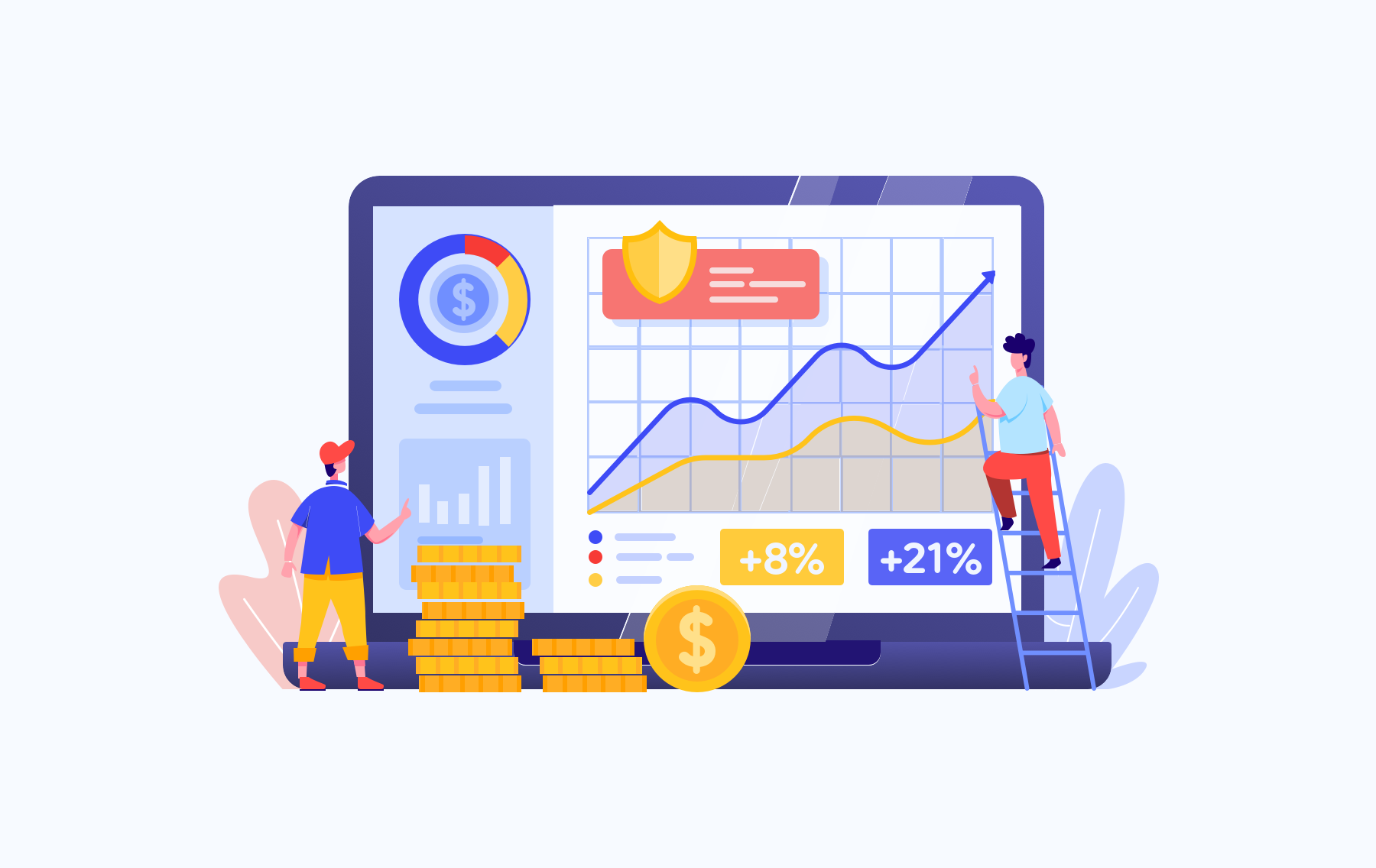You’ve probably heard of open banking, but you might not completely understand what it is and what it could mean to you. Open banking is a relatively new financial service, so don’t worry if you’re not entirely sure of how it works.
Open Banking Explained
Open banking is a practice that allows banks and third-party financial service providers, such as budgeting apps and cash flow management tools for businesses, secure access to your banking and other financial data.
Open banking in the UK is regulated through the Payment Services Regulations 2017, which brings the second EU Payment Services Directive (PSD2) into law. Open banking and the PSD2 allows banks to share your financial data, such as your account details, regular payments, savings statements and other banking information, with authorised financial service providers, as long as you permit them.
What is The Purpose of Open Banking?
The main purpose of open banking is to enable consumers and small businesses to receive better deals that suit their needs on financial products and services.
Open banking is not really addressing a serious issue in the financial world. In a non complicated way what Open Banking does is attempting to spark competition and development of the banking industry, in this way a lot of products and services can be improved for companies and clients.
Some of the issues that Open Banking can help settle are the following:
- Banking distrust
- Clients of conventional bank institutions being left out with outdated service, products and features (unlike the new modern neobanks and digital wallets like Jeton, Tide and Monzo) which have the advantage of starting their fintech companies in a more modern time.
Open Banking is also trying to make these improvements:
- Assisting individuals with a better transaction experience, saving, borrowing and investing their money.
- Lower overdraft charges
- Better client experience
For example, with the creation of online financial services and insurance catalogs operated by various banks and financial operators. With them, customers can manage their finances openly, moving their data and reservations between different offers. In summary, it is about always being able to choose the best option with total transparency - Increase the control of your financial data
- New Payment Methods
Payments are a significant piece of European open banking regulation. Under the European Commission’s Second Payment Services Directive (PSD2), banks must allow third-parties to initiate payments on your behalf. Again, this isn’t necessarily new (Venmo and PayPal are both non-bank products that you have probably used), but it will get easier for additional service providers to handle payments. Businesses may also benefit through reduced payment processing costs.
Should I use open banking?
Using open banking is a personal choice. If you feel uncomfortable using third-party apps to manage your finances, open banking may not be for you. However, if you’re looking for a way to manage your money and be more in control of your finances, open banking might be beneficial. As always, you should thoroughly research every product or service before you give consent to sharing your financial data.



